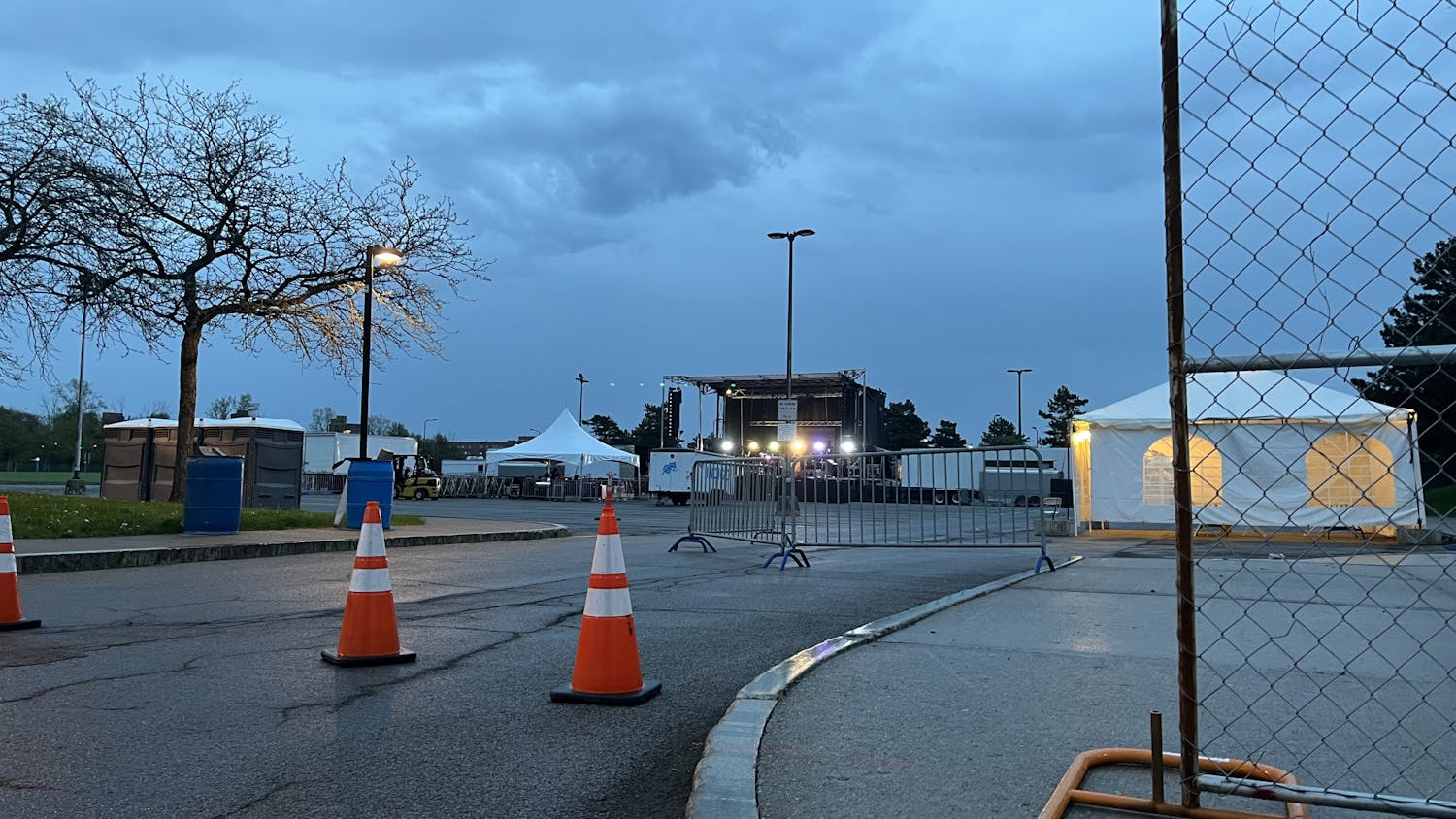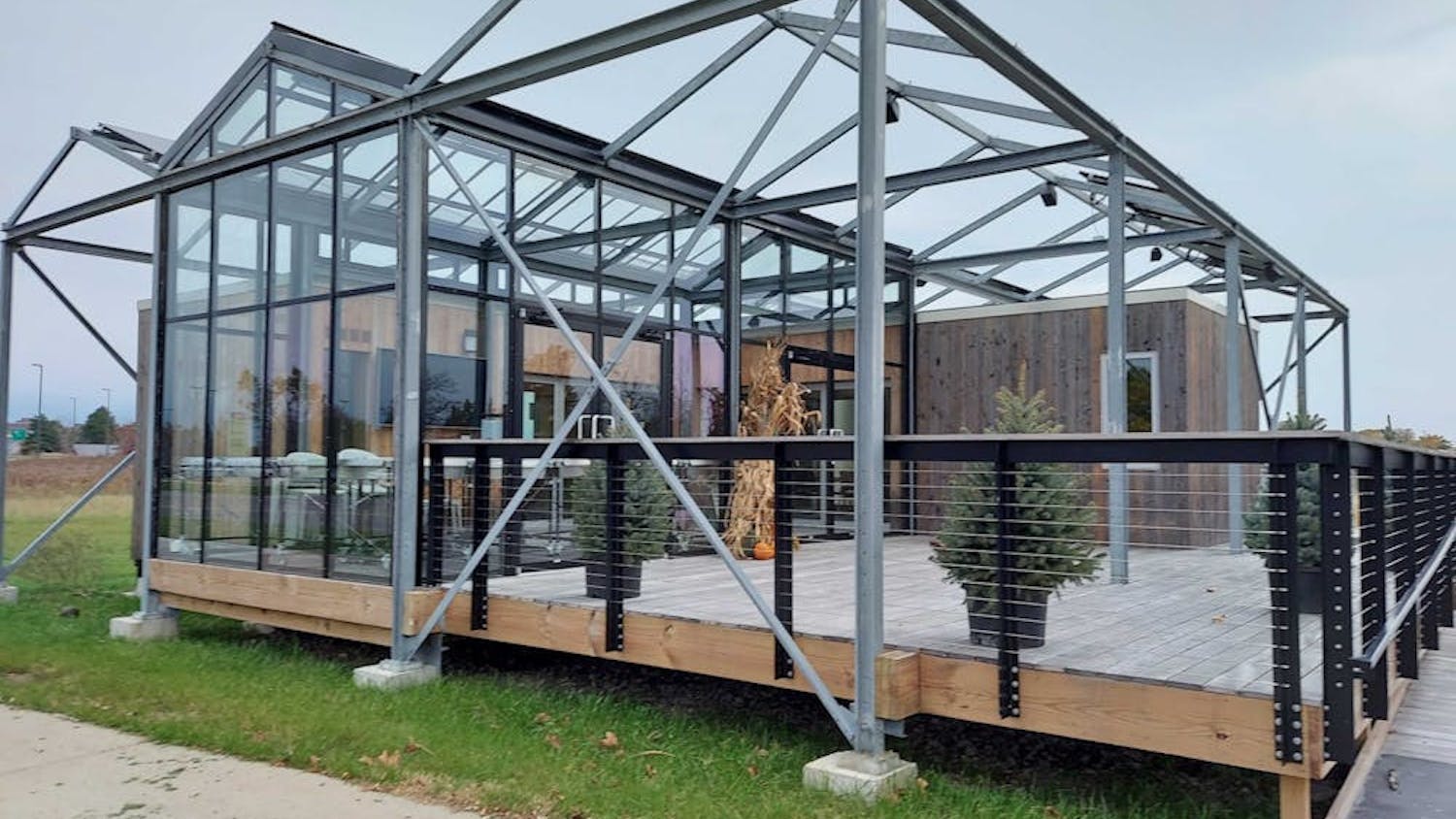With end-of-the-semester papers due soon, many students find Internet resources invaluable when conducting research. Though we've all been warned as to the factual basis of what's found online, sites along the lines of Wikipedia are supposed to be in a different category. Reference sites dwell in facts, not sensationalism.
But that's not always the case as John Seigenthaler recently found out. The former editor of the Tennessean, located in Nashville, was shocked to learn from Wikipedia he was "directly" involved in the assassinations of John F. Kennedy, and his brother, Robert. But he wasn't. And Wikipedia's error exposes the danger in relying on the Internet alone for accurate information.
Wikipedia, and information gathering sites in general, are useful and provide credible information the majority of the time. But factually incorrect information does get through the vetting process because of the nature of the beast. The site posts almost two million new articles each month while growing at a monthly rate of seven percent, so it's hard checking every detail.
The key for students is to choose sources wisely. The Spectrum doesn't allow writers to use sites like Wikipedia alone, and any information utilized must be checked against other sources. Students should operate the same way on their papers, and even when it comes to daily conversation. Espousing what we read here or heard there only ends up creating a society full of half-truths and misconceptions.
Not only will simple fact checking ensure accurate information, it can also help protect students from stiff plagiarism penalties.
Who knows - it might even lead to a better grade on that final paper.
...before you wreck yourself
UB should rethink parking policy to curb problems/i>
As lake effect snowstorms begin blanketing the region, UB's parking problems become more prominent. Choice spaces are lost to piles of snow created by plows clearing the way, and meanwhile, the rush for prime spots closest to the spine becomes even worse, as commuting students attempt to avoid the brutal wind, sleet, and snow that characterizes our area's long winter.
UB has paid parking consultant firms in the past to tell us, after looking at the situation for two years, that we have enough spaces already. The problem, we were told, is that commuters are inefficient in their parking patterns. Jumping from lot to lot looking for spaces causes congestion problems. But try telling that to a commuter who has class in ten minutes, yet finds a lineup of cars already in place waiting to "shark" a spot. It's obvious UB's parking problems haven't been fixed.
On-campus parking garages won't alleviate the quandary: they'll create a whole new set of funding and maintenance problems. But paving new lots further away from the spine won't work either. What's needed is fine-tuning of the current parking policy.
Keeping freshmen from parking on the spine has helped ease congestion and should be expanded to every student living on campus. The North Campus, contrary to popular opinion, can be traversed by walking effort alone. Students residing on campus have ample shuttle bus service and have no overriding need for parking on the spine.
It's time for this problem to be solved, not addressed. President Simpson has begun a wide-ranging program of change within the university, and longstanding parking problems should be corrected as well. Simpson should rectify an issue that has more relevance to many attending the university here and now than some of his other long-term ideas.




